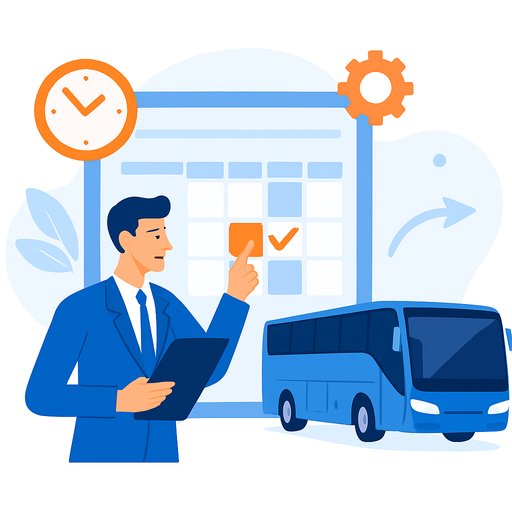Growing Southern California Mini-MSO The Crash Co.
The Crash Co. is a Southern California-based multi-shop operator (MSO) developing its own software to improve traditional body shop operations. Its locations in Hesperia, Baldwin Park, and Palm Springs are currently beta-testing initial features, with plans to roll out broader applications to additional sites later this year.
Co-owner Ali Jakvani describes the effort as an “evolving brain” for collision repair. The software starts with Advanced Driver-Assistance Systems (ADAS) and estimating, then will expand into operational areas such as hiring, workflow management, missed repairs, billing improvements, and financial planning including revenue forecasting.
The Crash Co. umbrella was launched in March to unify three ProColor Collision franchise shops. Jakvani, Amir Siddiqui, and Ruben Jandres lead the initiative, with Siddiqui managing numbers and Jakvani contributing technical expertise. Jandres focuses on marketing and insurance, while Ashraf “AJ” Jakvani, a veteran body technician, serves as a consultant.
Ali Jakvani acknowledges his father’s guidance as invaluable, aiming to continue the family legacy with fresh technology insights.
CrashCodex: An AI-Powered Operational Suite
The team’s software product, CrashCodex, is an AI-based layer designed to complement existing shop management systems. Rather than replacing current vendors, it acts as an intelligence layer that orchestrates and automates data, task flow, and decision-making across the shop.
Jakvani explains, “Think of it as the brain sitting above the required vendor, automating workflows and connecting systems.” The goal is to create a seamless experience for staff and customers alike, making operations feel like a single unified platform.
Jakvani’s background includes contract consulting with government agencies after 9/11, focusing on integration failures that hindered operations. That experience highlighted the challenges poor system communication can cause—lessons they are applying to improve shop efficiency.
Breaking Down Software Silos with Vendor-Agnostic Integration
One major hurdle in collision repair shops today is managing multiple disconnected software platforms—management systems, estimating tools, parts databases, and more. These silos limit innovation and waste valuable time reconciling data.
CrashCodex is built to work with whatever software vendors a shop uses, requiring no drastic changes but enabling them to communicate effectively. This “intelligence layer” connects systems and streamlines tasks across roles like owners, production managers, estimators, and accountants.
Development accelerated earlier this year, focusing on tools that provide accurate business insights without manual reconciliation and reduce gatekeeping in processes.
Looking Ahead: Unified Operations and Financial Management
The Crash Co. aims to scale CrashCodex to a dozen locations within 18 months. When fully developed, the software will unify financials, shop management, compliance, and customer workflows into one connected system.
This integration promises to lower risks such as DRP score penalties from rental delays and reduce the burden on estimators juggling multiple disconnected apps. Ultimately, it frees up staff time and smooths operational flow.
CrashCodex follows a growing trend of MSOs building proprietary AI solutions to better manage their businesses. Its vendor-agnostic approach and focus on practical, day-to-day shop needs could offer a clear advantage to operations professionals seeking efficiency and clarity.
Your membership also unlocks:





